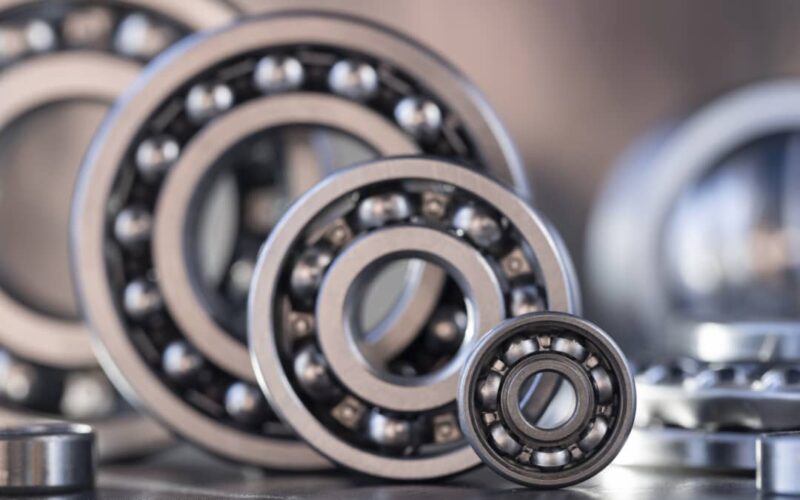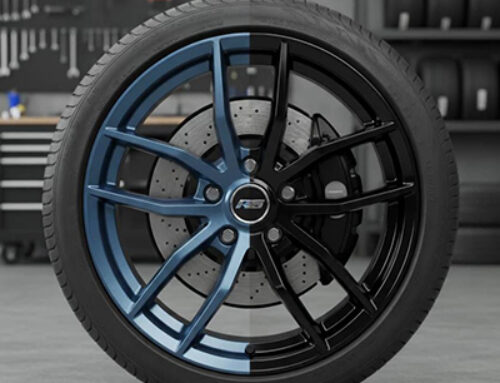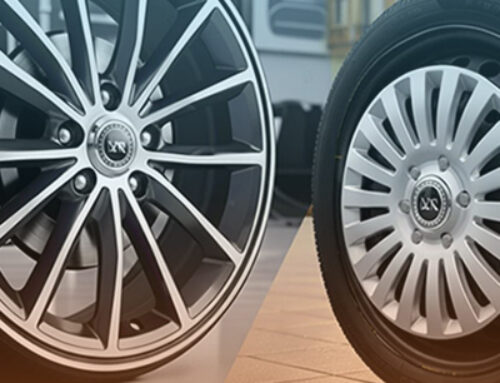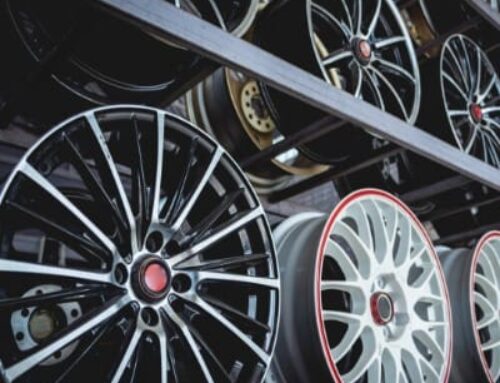
How Many Wheel Bearings Does a Car Have?
When it comes to vehicle safety and smooth performance, wheel bearings play a crucial role—but many drivers still ask: How many wheel bearings does a car have? Knowing the answer helps you better understand your vehicle’s design, maintenance needs, and how to spot early signs of trouble. In this guide, we’ll explain everything you need to know about wheel bearings, from their function to how many your car actually has.
What Are Wheel Bearings and Why Are They Important?
Wheel bearings are small but essential components located inside the hub of each wheel. Their job is to:
- Reduce friction between the wheel and axle.
- Allow wheels to spin freely and smoothly.
- Support the weight of the vehicle.
- Improve handling, efficiency, and safety.
Without properly functioning wheel bearings, driving becomes unsafe due to wheel wobbling, strange noises, and even the risk of wheel failure.
So, How Many Wheel Bearings Does a Car Have?
Most standard passenger cars have four wheel bearings—one for each wheel. Each wheel requires its own bearing to rotate smoothly and safely.
However, depending on the vehicle type, the design may differ slightly:
- Front-wheel drive cars: usually have two front wheel bearings integrated with the drive axle and two in the rear wheels.
- Rear-wheel drive cars: have two in the rear axle and two in the front wheels.
- All-wheel drive (AWD) and 4×4 vehicles: still have four main wheel bearings, but sometimes feature additional bearings within the drivetrain to support complex mechanics.
In summary, for the majority of cars, the answer is four wheel bearings total—one per wheel.
Signs Your Wheel Bearings May Need Replacement
Even though you know how many wheel bearings your car has, it’s equally important to recognize when they are failing. Some common warning signs include:
- Grinding or humming noise while driving.
- Vibration in the steering wheel.
- Uneven tire wear.
- Loose or wobbly wheels.
- ABS (Anti-lock Brake System) warning light turning on.
How Long Do Wheel Bearings Last?
On average, wheel bearings can last 85,000 to 100,000 miles, depending on driving conditions and maintenance. Rough roads, potholes, and water exposure can shorten their lifespan.
Maintenance Tips for Wheel Bearings
To extend the life of your wheel bearings:
- Avoid overloading your vehicle.
- Drive carefully on rough terrain.
- Have your wheels and suspension checked regularly.
- Replace damaged or worn bearings immediately.
FAQs About Wheel Bearings
✅ How many wheel bearings does a car have?
➡️ Most cars have four—one for each wheel.
✅ Do all wheels have bearings?
➡️ Yes, every wheel needs a bearing to rotate properly.
✅ How do I know if my wheel bearings are bad?
➡️ Listen for grinding noises, check for wheel wobble, or notice unusual vibrations.
✅ Can I drive with a bad wheel bearing?
➡️ It’s not recommended. Driving with a bad bearing can cause severe damage and increase the risk of accidents.
✅ How much does it cost to replace a wheel bearing?
➡️ The cost typically ranges between $200 and $500 per bearing, depending on the car model and labor rates.

So, how many wheel bearings does a car have? For most vehicles, the answer is simple: four wheel bearings—one at each wheel. These small but essential parts ensure safe handling, smooth driving, and long-term performance. Regular inspections and timely replacements are key to keeping your car running safely and efficiently.
👉 If you’re wondering how many wheel bearings does a car have, it’s just as important to know how to recognize when they start failing. Noise, vibrations, or uneven tire wear can all be warning signs. For a deeper dive into this topic, check out our guide on What Are the Symptoms of a Bad Wheel Bearing?.





